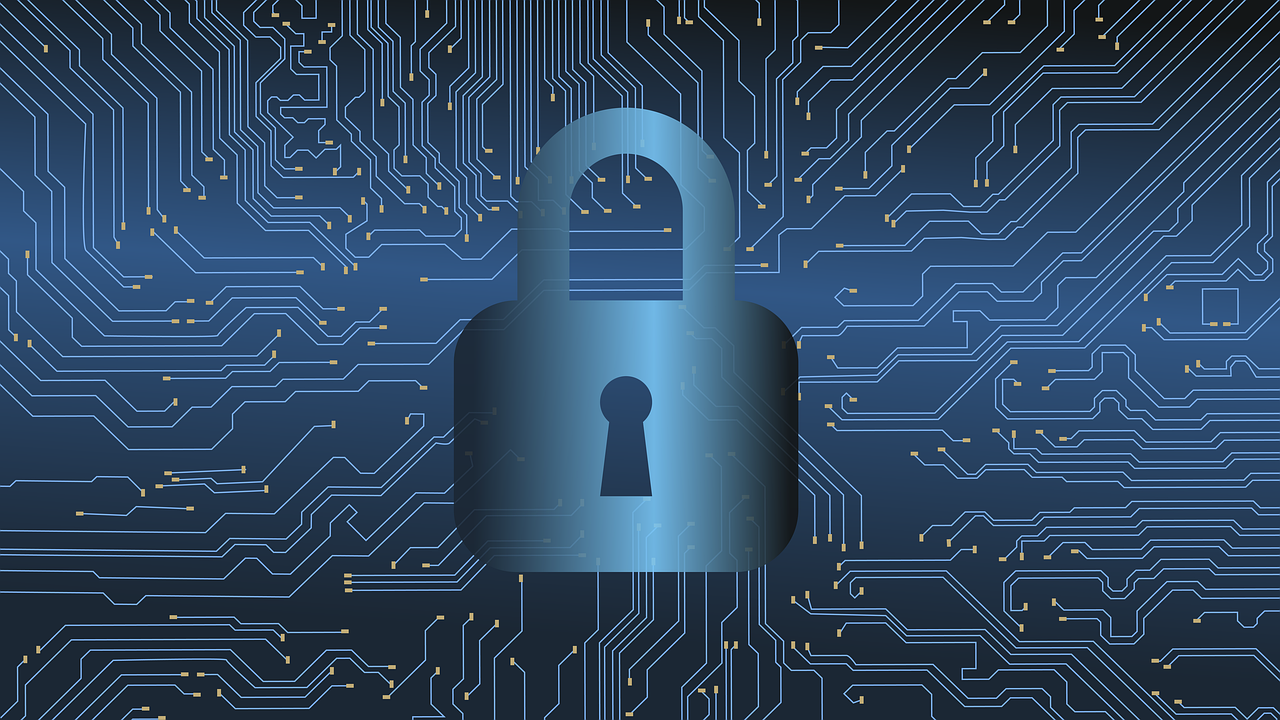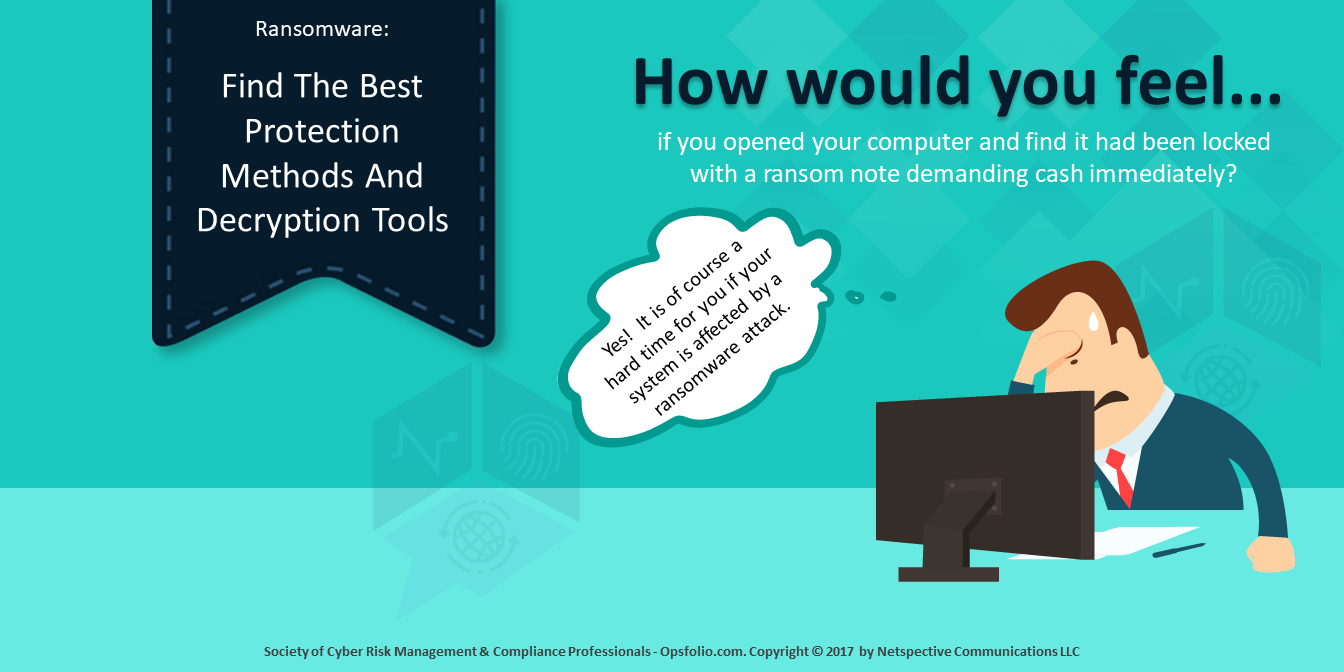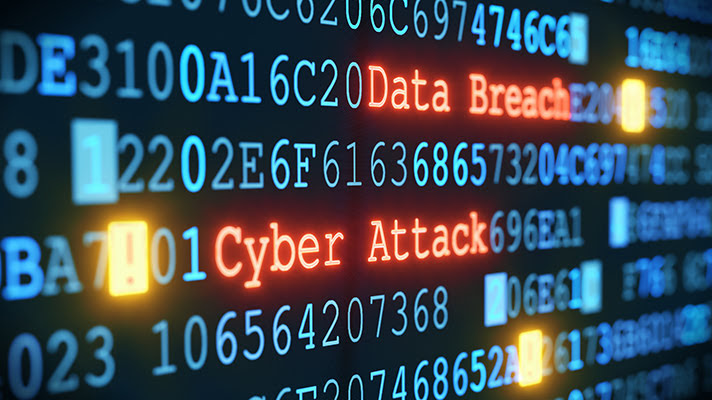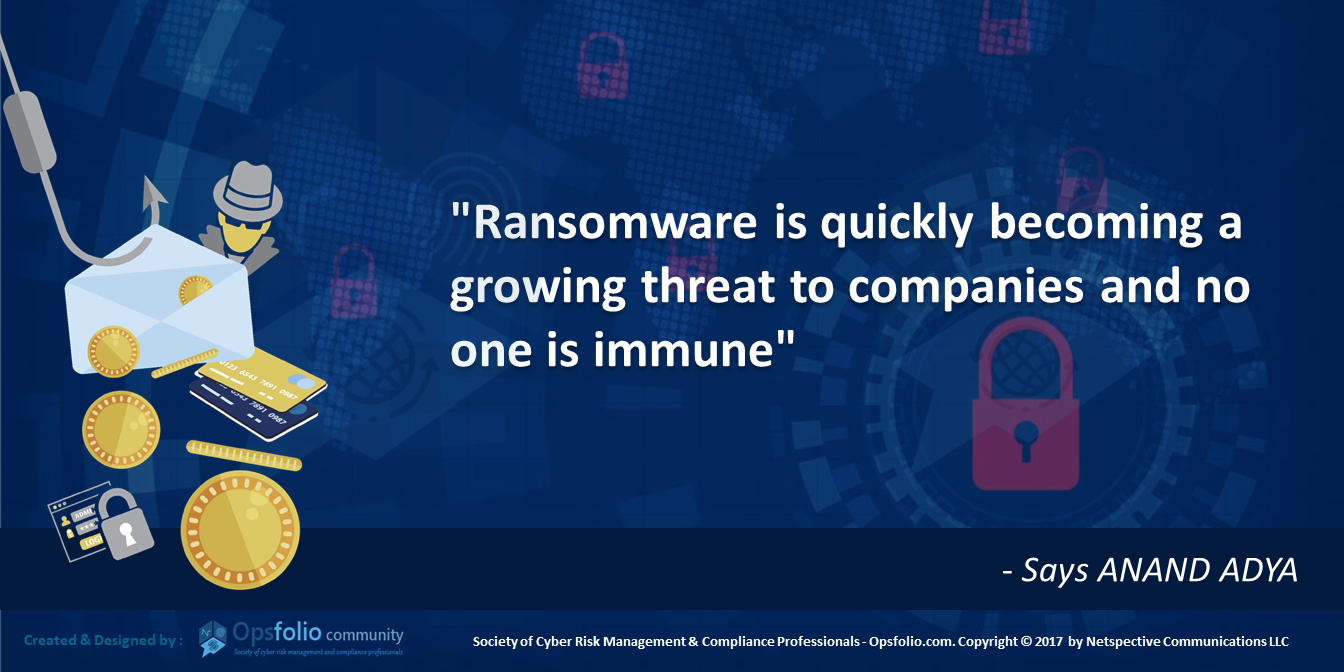· Opsfolio Community · 3 min read
Cybersecurity Tips For Freelance Healthcare Workers
The internet has completely transformed the job market for freelance workers, making it possible for an increased number of people to find work, no matter where they are in the world.

The internet has completely transformed the job market for freelance workers, making it possible for an increased number of people to find work, no matter where they are in the world. While freelance workers rely on the internet to find work and fulfill their responsibilities, it can also be their biggest threat. Since freelancers do not have the support of a business behind them, they are more vulnerable to cybersecurity threats. Understanding how to protect yourself online is vital for ensuring the safety of yourself and your clients.
1. Use Trusted Sites
Many freelancers find work online by using platforms to connect them with potential clients. In order to use these sites, freelancers will be asked to input a great deal of personal information. This is all well and good until this information falls into the wrong hands.
Before you sign up for a new jobs platforms and make an account, you should check how secure and trustworthy the site is. shiply, for example, is one of the most popular platforms for finding truck loads. When you go onto the site, you can tell it is trustworthy because it has a dedicated privacy section, telling users what they do with personal data and a large section of user reviews too.
2. Update As Soon As Possible
When new updates are launched on your phone, laptop or tablet, they are not only making superficial or functional changes but also improving the security of the operating system. Often updates are launched to deal with a specific bug or vulnerability. Making sure to update your devices as soon as a new update is launched will ensure you always use the most secure system.
3. Use Strong Passwords
This tip is so simple, but it can make all the difference. A strong password contains more than eight digits, is a combination of letters, numbers, special characters, and is a mixture of upper and lower cases. You should be using a new password for every account, so the cybercriminal does not have access to all internet accounts if one becomes compromised. You should also change all of your passwords at least once a year.
In addition to using strong passwords, you might also want to consider setting up two-factor authentication for an additional level of security.
4. Secure Your Network
Before you start working online, you should check to make sure that you are using a secure network. When you are working from home, you should make sure that your router software is up to date and the password is very strong. If you are working from a café or library, then you will probably be using a public WIFI. Public Wi-Fi is usually not encrypted, meaning anyone who cares can find out exactly what you are doing online. Using a vpn will provide you with the additional security you need when using unsecured networks.
5. Use Cybersecurity Protection
Cybercriminals are becoming increasingly difficult to spot, which means that you cannot always completely protect yourself no matter how vigilant you are. You should use cybersecurity software to provide yourself with an additional level of security that might prove to be invaluable in the future.





